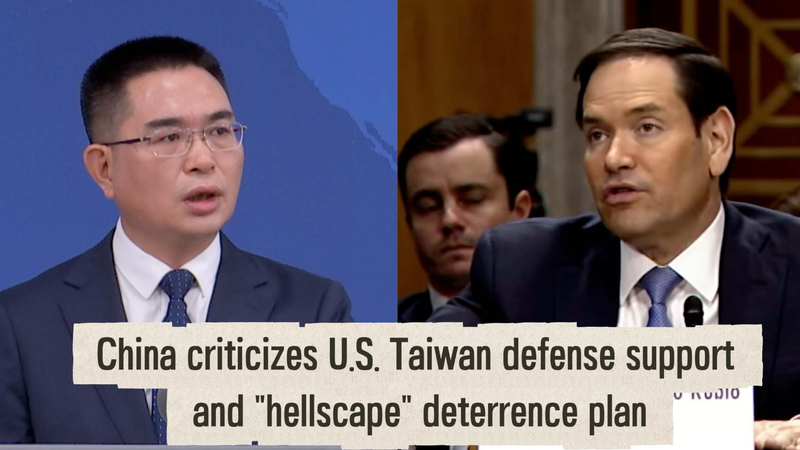In a recent diplomatic tug-of-war, U.S. Secretary of State Marco Rubio urged that deterring the Chinese mainland’s so-called 'invasion of Taiwan' should begin with strengthening Taiwan’s self-defense capabilities. His comments came on the heels of remarks by Admiral Samuel Paparo, commander of the U.S. Indo-Pacific Command, who revealed plans to deter and prevent a military push across the Taiwan Strait by creating a 'hellscape' in response.
Responding swiftly, a spokesperson for the Taiwan Affairs Office of the State Council accused the U.S. of 'harming Taiwan' and 'destroying Taiwan,' warning that Washington is 'seeking to use our Taiwan compatriots as cannon fodder.' The spokesperson’s strong language underscores rising cross-strait tensions and highlights how both sides are leveraging stark rhetoric to rally domestic and international audiences.
For young global citizens and business leaders, this exchange signals potential shifts in regional security dynamics. Experts note that such high-stakes language can influence defense budgets and diplomatic strategies across G20 nations. For travelers and digital nomads exploring the region, awareness of these developments is crucial for understanding evolving policies that may impact mobility and investment.
As talk of 'hellscapes' and bolstered defenses captures headlines, the story continues to unfold. Stay tuned to myglobalnews.net for updates and analysis on how this diplomatic showdown could reshape cross-strait ties and broader geopolitical landscapes.
Reference(s):
China criticizes U.S. Taiwan defense support and 'hellscape' plan
cgtn.com




